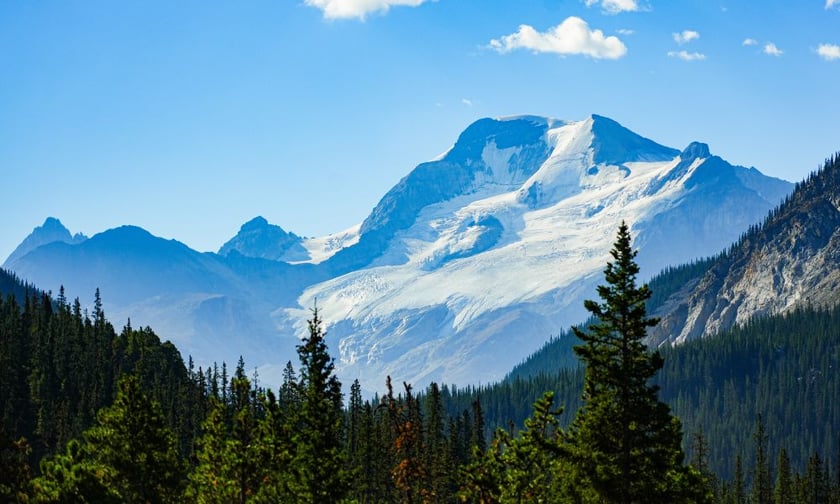

Canadian ski resorts are facing increasing financial pressures as the climate crisis impacts operations and skyrockets insurance premiums.
Warmer winters, less natural snow, and more frequent catastrophic weather events have turned snowmaking into a costly necessity, forcing ski resorts like Ontario’s Highlands Nordic to adjust their strategies while dealing with mounting expenses.
One of the most significant financial burdens for ski resorts is the dramatic increase in insurance costs. Over the past five years, Highlands Nordic has seen its premiums double, even as it maintains a relatively low-risk profile due to its focus on cross-country skiing.
Resort manager Kelly Sinclair told The Logic that property insurance has been the main driver of these increases, as climate-related disasters like flooding and wildfires grow more frequent and severe.
Insurance expert Brian Edwards noted that the “once-in-100-year events are happening much more often,” putting upward pressure on premiums for property insurance across Canada. Ski resorts typically carry insurance to protect against liability claims, property damage, and other risks, but climate change is adding a new layer of unpredictability and expense.
Warmer winters have forced ski resorts to invest heavily in snowmaking to extend their operating seasons. This has become a critical—but expensive—part of the business model, particularly for smaller resorts. Highlands Nordic, which used to rely on natural snow to maintain 30 km of trails, now only has the budget to make snow for an 800-m loop, said Sinclair.
Downhill ski areas like Collingwood’s Blue Mountain and Quebec’s Mont Tremblant are also struggling to fully open trails despite significant investments in snowmaking. For many resorts, the holiday period around Christmas represents up to 30% of annual revenue, making snow-dependent closures especially devastating.
Research by Daniel Scott, a professor at the University of Waterloo, highlighted the long-term financial impact of warming winters. From 2000 to 2020, the US ski industry lost $5 billion in revenue due to shorter seasons, a trend that is mirrored in Canada. Despite extensive snowmaking investments, average season lengths are declining.
Paul Pinchbeck, CEO of the Canadian Ski Council, said “there’s no doubt that some of the smaller ski areas in Canada have had greater challenges.” Some northern resorts in Ontario and Quebec have been forced to close for entire seasons or operate with significantly reduced days.
While the financial pressures are mounting, some resorts remain hopeful. Mustang Powder, a cat-skiing resort in BC’s Monashee Mountains, benefits from deep snow and colder temperatures, making it resilient to warming trends.
Ontario resorts, too, are seeing a resurgence of snow in certain areas this season, which could provide a reprieve for struggling businesses.
Do you have something to say about this story? Share your thoughts in the comments below.
